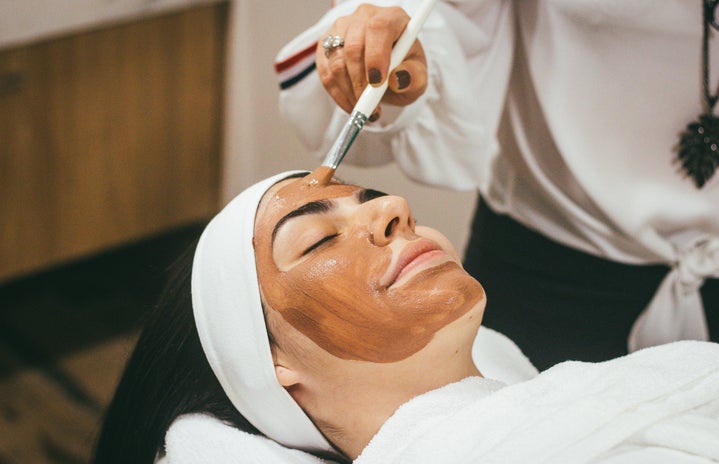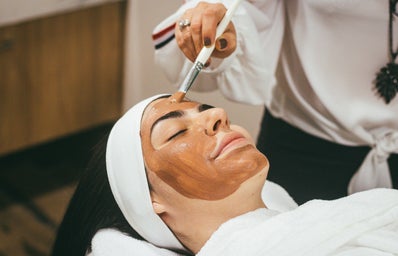The outermost layer of the epidermis, or the skin barrier, is responsible for protecting the skin from environmental stressors, irritants, and bacteria. It also prevents excessive water from leaving the skin, keeping it moisturized. If your skin barrier is functioning healthily it should be hydrated and capable of healing the occasional pimple. Sometimes though, we damage our skin without even realizing it, and a compromised skin barrier is extremely uncomfortable.
There are some signs to look for if you think you may have damaged your skin barrier:
1. Your skin feels tight and dry even though you are producing excessive oil
2. Red, inflamed, and very sensitive skin (sometimes there may be burning)
3. Rough, textured skin
4. Dark spots, blemishes, or post inflammatory pigmentation that won’t go away
5. Breaking out in areas you normally wouldn’t
6. None of your skin care products seem to be addressing any of the issues you’re having or working as they are intended
If you think you may have damaged your skin barrier here are some things that could be causing it:
1. You are using an alkaline facial cleanser, or a cleanser with the wrong pH. If your skin feels tight or dry after you cleanse your face it may be too alkaline. Your skin should feel comfortable, not “squeaky” clean. Look for a gentle, oil free cleanser. My favorite is CeraVe.
(Photo Courtesy of Cera Ve)
2. You’re over exfoliating. Overly aggressive scrubs or brushes can cause microtears in the skin. Only exfoliate at most two to three times a week. Many skin care professionals recommend chemical exfoliation over physical exfoliation, but do not layer multiple chemical exfoliants.
3. You’re not moisturizing your skin. Even people with oily skin need to moisturize. If you don’t moisturize your skin will overproduce oils to compensate. This could result in breakouts.
4. Washing your face with overly hot water. This dries out your skin. Use lukewarm water instead and avoid washing your face in the shower.
Your skin is the largest organ in your body, and one of the most important, it’s critical we make sure it’s functioning and healthy. If you suffer from prolonged issues that won’t go away, seek medical help. Your skin is very delicate so be gentle with it! Be kind to it and hopefully it’ll be kind to you.



